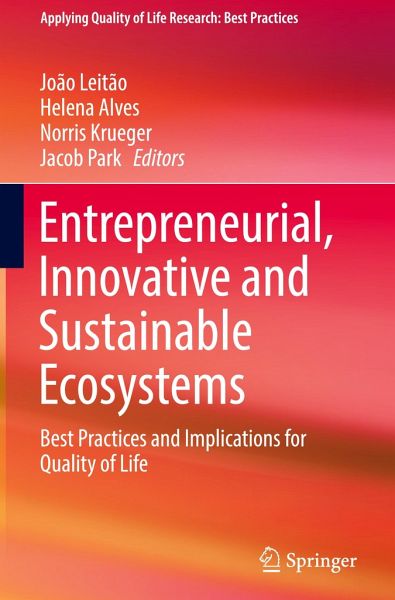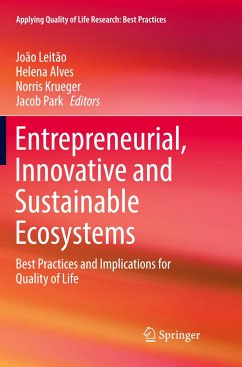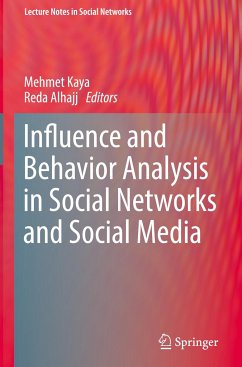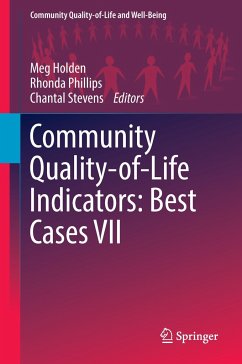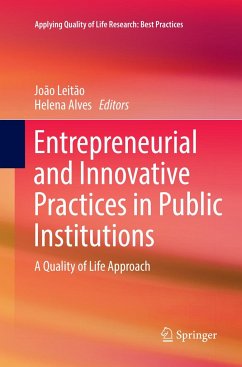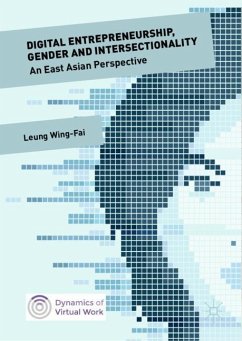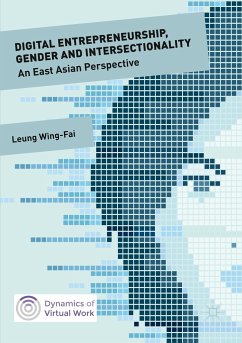João Leitão is assistant professor at UBI, lecturing on entrepreneurship and economics for undergraduate and graduate economics, engineering, communication sciences, marketing and management students since October 1, 1999. He is associate researcher of the CEG-IST, University of Lisbon and Professor Vinculado at the Instituto Multidisciplinar de Empresa, Universidad de Salamanca, Spain. He is co-author of fourteen books on benchmarking, human capital, clusters, cooperation networks, public private partnerships, entrepreneurship, entrepreneurship education, firm growth, innovation and competitiveness. He won the Best Paper Award of the Interdisciplinary European Conference in Entrepreneurial Research - IECER 2012. His work has been published in several indexed journals, such as, Research Policy, Industrial and Corporate Change, Service Industries Journal, Journal of Intellectual Capital, Journal of Evolutionary Economics, Innovation: Management, Policy & Practice, International Journal of Technology Management, International Journal of Entrepreneurship and Small Business, International Review on Public and non-Profit Marketing, International Journal of Business Excellence, International Journal of Technology Transfer and Commercialization, International Journal of Entrepreneurial Venturing, South African Journal of Information Management, International Research Journal of Finance and Economics, Actual Problems of Economics and Revista Portuguesa de Estudos Regionais. He is member of several editorial boards, namely, Journal of Small Business Management, International Journal of Entrepreneurial Behaviour and Research, International Journal of Public Sector Performance Management, Revista Portuguesa de Estudos Regionais, Revista Portuguesa e Brasileira de Gestão and Revista Portuguesa de Marketing. His research interests include: entrepreneurship; innovation; public policies; and regional policy. Helena Alves is associate professor atUBI, Portugal. She has a Ph.D. in Management and she has been doing research in the area of public and nonprofit marketing. Her areas of expertise include Customer Satisfaction, Services marketing, Tourism marketing and public and nonprofit marketing having authored and co-authored several articles and book chapters on this topics. Currently she is editor of the International Review on Public and nonprofit marketing. She is member of several editorial boards, namely, the Service Industries Journal, the International Journal of Business Excellence, Service Business, Contemporary Research on Organization Management and Administration, Journal of Service Science and Management, Portuguese Marketing Review among others. She has published some articles in The Service Industries Journal, Total Quality Management, International Review on Public and non-Profit Marketing, Management Decision, Journal of Educational Management, and Services Business, among others. She is president for Portugal of the International Association on Public and Nonprofit Marketing. Norris Krueger is passionately interested in how we grow entrepreneurs and entrepreneurial communities. He was a pioneer in researching entrepreneurial ecosystems and has been an invited expert on the topic for the OCED and EU and the Ewing Marion Kauffman Foundation. He has organized and led high level academic symposia and high-impact practitioner workshops. Norris is also known for his research into the entrepreneurial mindset, the most-cited author on entrepreneurial intentions (see Google Scholar) which has led him to studying neuroentrepreneurship and its implications for entrepreneurial learning and education. He is a passionate, award-winning educator. He is also a past officer of ICSB and a current officer on the Entrepreneurship Division of the Academy of Management. He is Associate Editor and reviewer for multiple journals, most notably Journal of Small Business Management. Jacob Park is Professor of Strategy, Innovation, and Entrepreneurship at Green Mountain College in Vermont (USA) specializing in social and environmental innovation, entrepreneurship, and management with a special expertise/interest in emerging economies in Asia-Pacific, Africa, and Caribbean regions. He is Associate Editor of the Journal of Social Entrepreneurship and South Asia Global Business Research Journal and serves on the editorial boards of and Business Strategy and the Environment and Journal of Corporate Citizenship. His book, "Crisis of Global Environmental Governance: Towards a New Political Economy of Sustainability", was published in 2008 by Routledge and "Ecology of the New Economy: Sustainable Transformation of Global Information Technology, Communication, and Electronics Industries" was published in 2002 by Greenleaf Publishing. He serves on and contributes to a wide range of international scientific, environmental, and market development efforts, including as theUNEP Global Environment Outlook 6 Regional Coordinating Lead Author (North America) and as the Renewable Energy and Adaptation to Climate Technologies Investment Committee member of Africa Enterprise Challenge Fund, Nairobi, Kenya-based $150 million sustainable investment fund.
